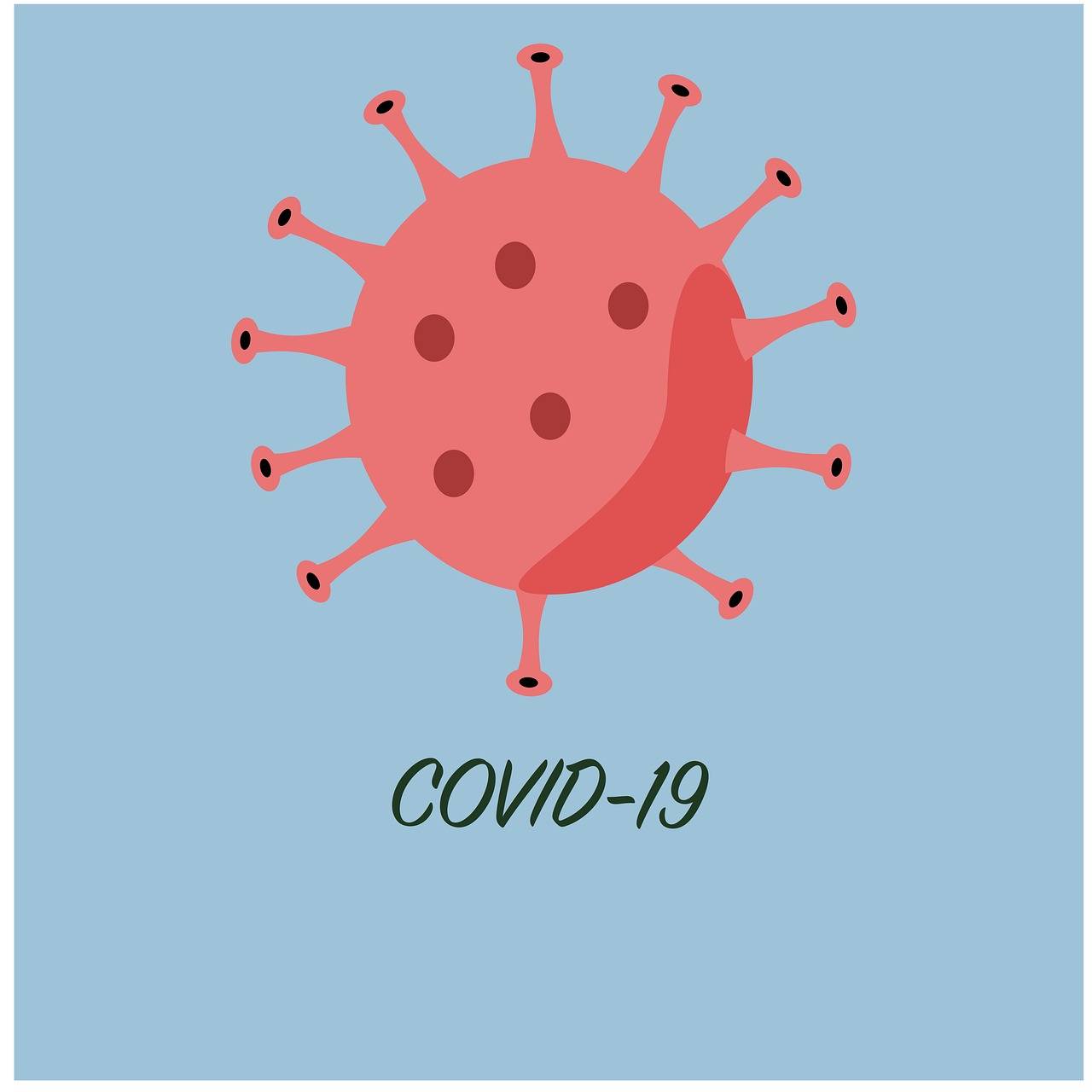The Impact of Technology on Sleep Quality: Tips for Better Sleep Hygiene
With the advancement of technology, there has been a noticeable decline in the overall quality of sleep among individuals. The increasing use of smartphones, tablets, and laptops before bedtime has been linked to disrupted sleep patterns and difficulties in falling asleep easily. The blue light emitted by these devices can interfere with the production of melatonin, a hormone that regulates the sleep-wake cycle, leading to sleep disturbances and even insomnia in some cases.
Moreover, the constant exposure to stimulating content on social media, video streaming platforms, and other online sources can also contribute to poor sleep quality. The temptation to engage with technology late into the night can disrupt the body’s natural circadian rhythm, making it harder to unwind and relax before going to bed. This overstimulation from technology not only delays the onset of sleep but also affects the overall duration and quality of rest obtained during the night.
Understanding the Connection Between Blue Light and Sleep Disruption
Blue light, emitted by electronic devices such as smartphones and computers, has been identified as a significant disruptor of sleep patterns. Exposure to blue light before bedtime interferes with the body’s natural production of melatonin, the hormone responsible for regulating sleep. When individuals are exposed to blue light close to bedtime, it can delay the onset of sleep and reduce the overall quality of rest.
The impact of blue light on sleep disruption is particularly concerning in today’s modern society, where individuals are constantly surrounded by screens and technology. With the widespread use of devices in the evening hours, many people unknowingly expose themselves to high levels of blue light that negatively affect their sleep quality. Understanding the connection between blue light and sleep disruption is crucial in order to adapt healthier habits and minimize the detrimental effects of technology on our restorative sleep cycles.
What is blue light and where does it come from?
Blue light is a type of light that is emitted from electronic devices such as smartphones, tablets, computers, and LED lighting.
How does blue light affect sleep quality?
Blue light can interfere with the production of melatonin, a hormone that regulates sleep-wake cycles, leading to difficulty falling asleep and disrupted sleep patterns.
What are some ways to reduce exposure to blue light before bedtime?
Some ways to reduce exposure to blue light before bedtime include using screen filters or blue light blocking glasses, turning off electronic devices at least an hour before bed, and dimming the brightness of screens.
Can blue light impact overall health besides sleep disruption?
Yes, prolonged exposure to blue light has been linked to eye strain, digital eye fatigue, and potential long-term damage to the eyes.
Are there any benefits to blue light exposure?
While blue light exposure during the day can help regulate our circadian rhythm and improve mood and alertness, it is best to limit exposure to blue light in the evening to promote better sleep.





